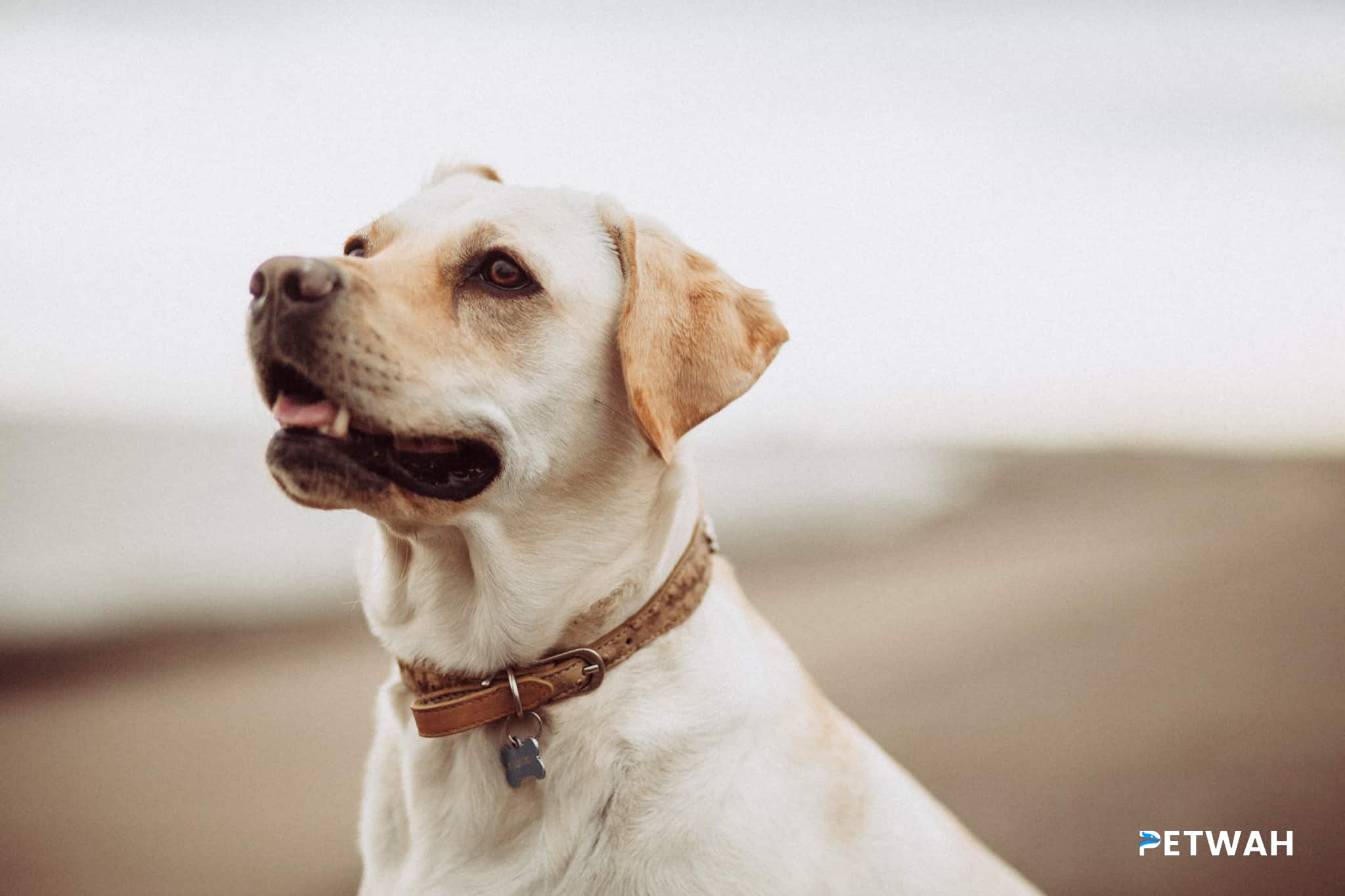Labrador puppies are known for their energy, curiosity, and rapid growth. As a dog owner or breeder, managing the fast growth of Labrador puppies is crucial for their health and well-being. It involves providing proper nutrition, exercise, socialization, and regular veterinary care. In this article, we will explore some essential tips on managing the fast growth of Labrador puppies, ensuring they grow up to be healthy, happy, and well-adjusted dogs.
Proper Nutrition:
- Labrador puppies have a high energy level and metabolism, so it’s important to provide them with a balanced diet that meets their nutritional needs.
- Feed them high-quality puppy food that is specially formulated for large breeds.
- Consult with your veterinarian to determine the right feeding schedule and portion sizes based on the puppy’s age, weight, and activity level.
- Avoid overfeeding as it can lead to obesity, which can lead to various health issues in the long run.
- Provide fresh water at all times to keep them hydrated.

Regular Exercise:
- Labrador puppies are active and require regular exercise to burn off their excess energy.
- Engage them in various physical activities like daily walks, playtime, and interactive games.
- Avoid excessive exercise or high-impact activities until their growth plates have fully developed, usually around 12 to 18 months of age.
- Gradually increase the intensity and duration of exercise as they grow older and stronger.
- Avoid excessive jumping or climbing stairs as it can put unnecessary strain on their developing joints.
Socialization and Training:
- Early socialization is vital for Labrador puppies to develop good behavior, confidence, and proper interaction with other animals and people.
- Expose them to different environments, sounds, and experiences to help them become well-adjusted adults.
- Enroll them in puppy training classes to learn basic commands, leash walking, and proper behavior.
- Use positive reinforcement techniques, such as treats and praise, to reward and reinforce desired behaviors.
- Be consistent, patient, and provide them with plenty of mental stimulation to keep their active minds engaged.
Regular Veterinary Care:
- Regular veterinary check-ups are essential for the overall health and well-being of Labrador puppies.
- Schedule vaccinations, deworming, and preventive medications as recommended by your veterinarian.
- Regularly check their ears, eyes, teeth, and nails and address any issues promptly.
- Discuss with your vet about spaying or neutering your Labrador puppy at the appropriate age.
- Monitor their weight, growth, and behavior closely and seek veterinary advice if you notice anything unusual.
Conclusion:
Managing the fast growth of Labrador puppies requires a combination of proper nutrition, exercise, socialization, and regular veterinary care. By providing them with a balanced diet, regular exercise, positive training, and essential healthcare, you can ensure that your Labrador puppy grows up to be a healthy, well-behaved, and happy adult dog. Remember to consult with your veterinarian for personalized advice and guidance throughout their development.
FAQs:
- At what age do Labrador puppies stop growing?
Labrador puppies typically reach their full height and weight by around 18 to 24 months of age. However, their growth plates close around 12 to 18 months of age, after which they experience more limited growth. -
How often should I feed my Labrador puppy?
Consult with your veterinarian for a feeding schedule that suits your Labrador puppy’s age, weight, and activity level. Generally, Labrador puppies require three to four meals a day until they are around six months old, after which you can transition to two meals a day. -
Can I exercise my Labrador puppy too much?
Labrador puppies need exercise to burn off their energy, but excessive exercise or high-impact activities can put strain on their developing joints. It’s important to balance exercise with rest to avoid overexertion or potential injuries. -
When should I start socializing my Labrador puppy?
Early socialization is key, and you can start socializing your Labrador puppy as early as possible, ideally around 8 to 12 weeks of age. Introduce them to new people, animals, and environments gradually to help them develop into well-rounded dogs. -
How often should I take my Labrador puppy to the vet?
Regular veterinary check-ups are important, especially during the first year. Follow your vet’s recommendations for vaccinations, deworming, and preventive medications. After the initial round of vaccinations, annual check-ups are usually sufficient unless there are specific health concerns.
Call-to-Action:
For more information on raising and caring for Labrador puppies, visit petwah.com. As a trusted resource in pet care, PetWah provides valuable tips and advice to ensure your furry friend leads a happy and healthy life. Visit now and explore their wide range of products and services for all your pet needs.
Please follow us on Social Media




%20-%20Copy.png)
%20-%20Copy.jpg)
%20-%20Copy.png)
%20-%20Copy%20-%20Copy.png)